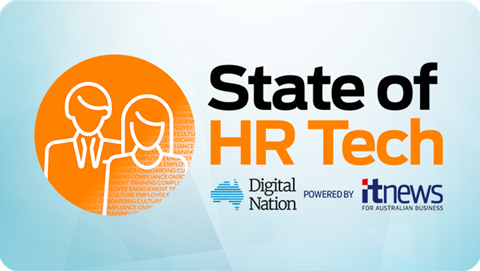Research has uncovered that parents are more likely to leave their jobs than their nonparent counterparts in the US.

A McKinsey article titled “Married to the job no more: Craving flexibility, parents are quitting to get it”, by authors Aaron De Smet, Bonnie Dowling, Marino Mugayar-Baldocchi, and Joachim Talloen, lists exhaustion, struggles returning to the office, and re-evaluation of work-life balance as primary reasons for this trend.
The research also raised concerns about organisational diversity and inclusion efforts with more non-white parents planning on leaving their jobs than white parents.
“This trend among non-White parents — as well as the large numbers of women who have left the workforce since the pandemic started — is compounding the challenges organisations face as they pursue goals related to diversity, equity, and inclusion,” the authors say.
“McKinsey research has shown that inclusive organisations have a competitive advantage in attracting and retaining talent, among other positive business factors.”
Of over 20 possible reasons given for leaving a job in the past six months, parents cited caring for family in the top 5 of reasons, with workload and the ability to work remotely landing in the top ten for parents. Both of these reasons were towards the bottom of the list for nonparents.
In order for organisations to be agile and work to retain employees, addressing their needs for increased flexibility is crucial, according to McKinsey, who list three methods of doing so:
- Embrace radical flexibility
- Get creative with childcare support
- Let them go — and make a concerted effort to get them back
“Companies that experiment with how to design jobs that will appeal to parents — and anyone looking for more flexibility — are acknowledging reality: no matter how dedicated they may be to their jobs, individuals are more than employees,” the authors say.
“Parents need to take care of their children, adult children may need to take care of aging parents, and we all need to take care of our own health and well-being. Companies that get creative with solutions are meeting this need for flexibility with a flexible response — a welcome model for everyone.”


_(20).jpg&h=140&w=231&c=1&s=0)
_(23).jpg&h=140&w=231&c=1&s=0)







 iTnews Executive Retreat - Security Leaders Edition
iTnews Executive Retreat - Security Leaders Edition
 iTnews Benchmark Awards 2026
iTnews Benchmark Awards 2026
 iTnews Cloud Covered Breakfast Summit
iTnews Cloud Covered Breakfast Summit
 The 2026 iAwards
The 2026 iAwards












_(1).jpg&h=140&w=231&c=1&s=0)



